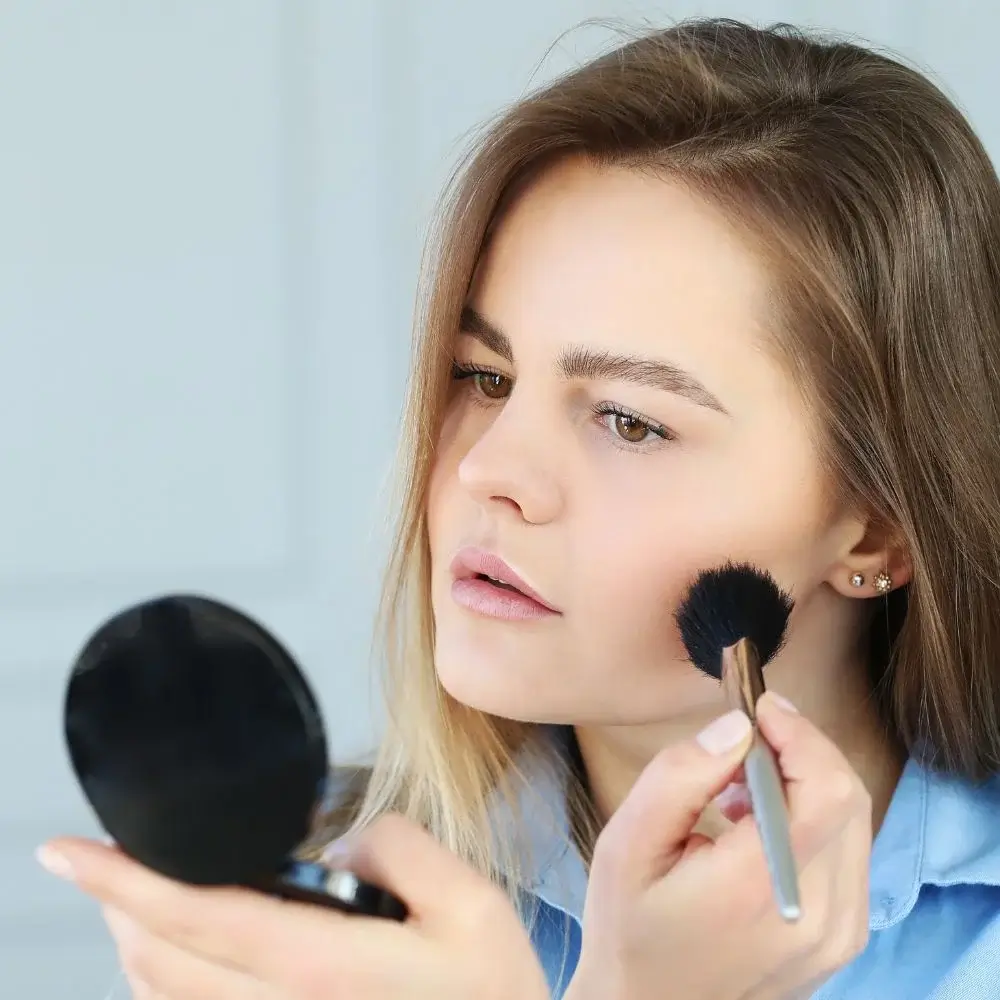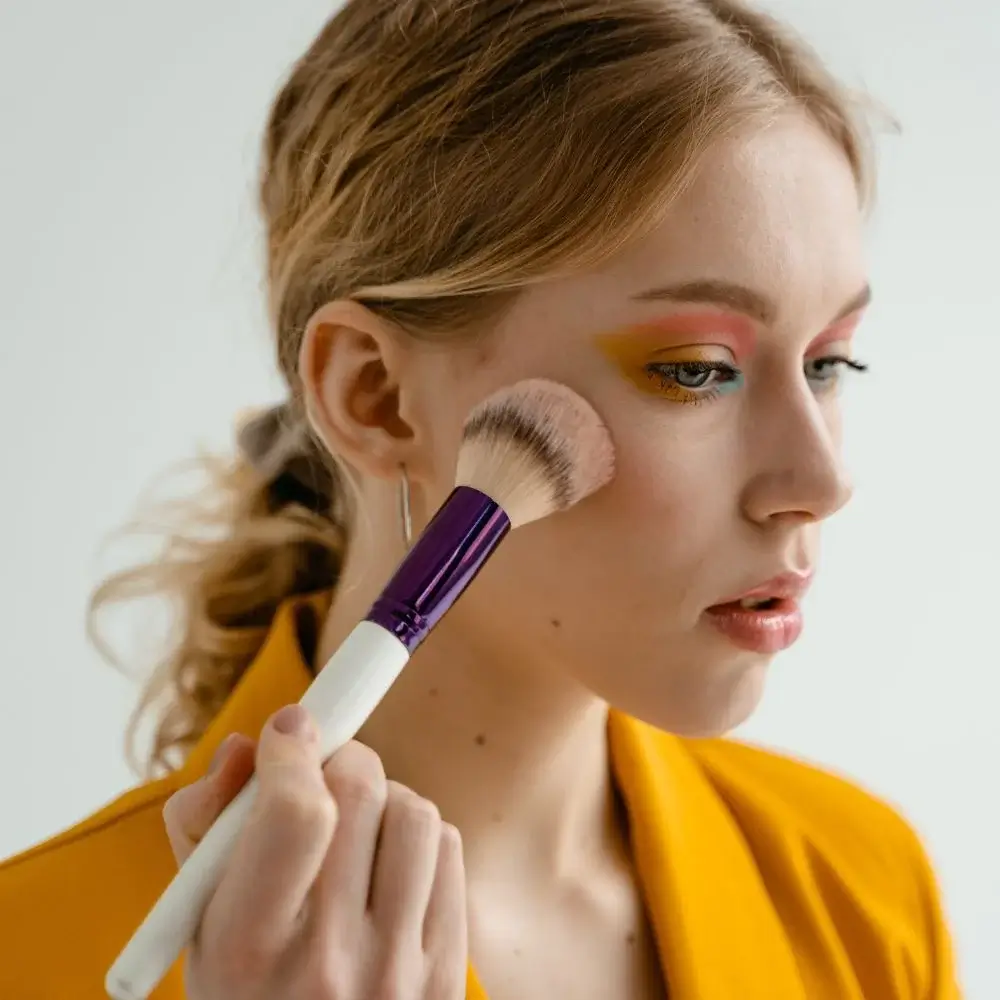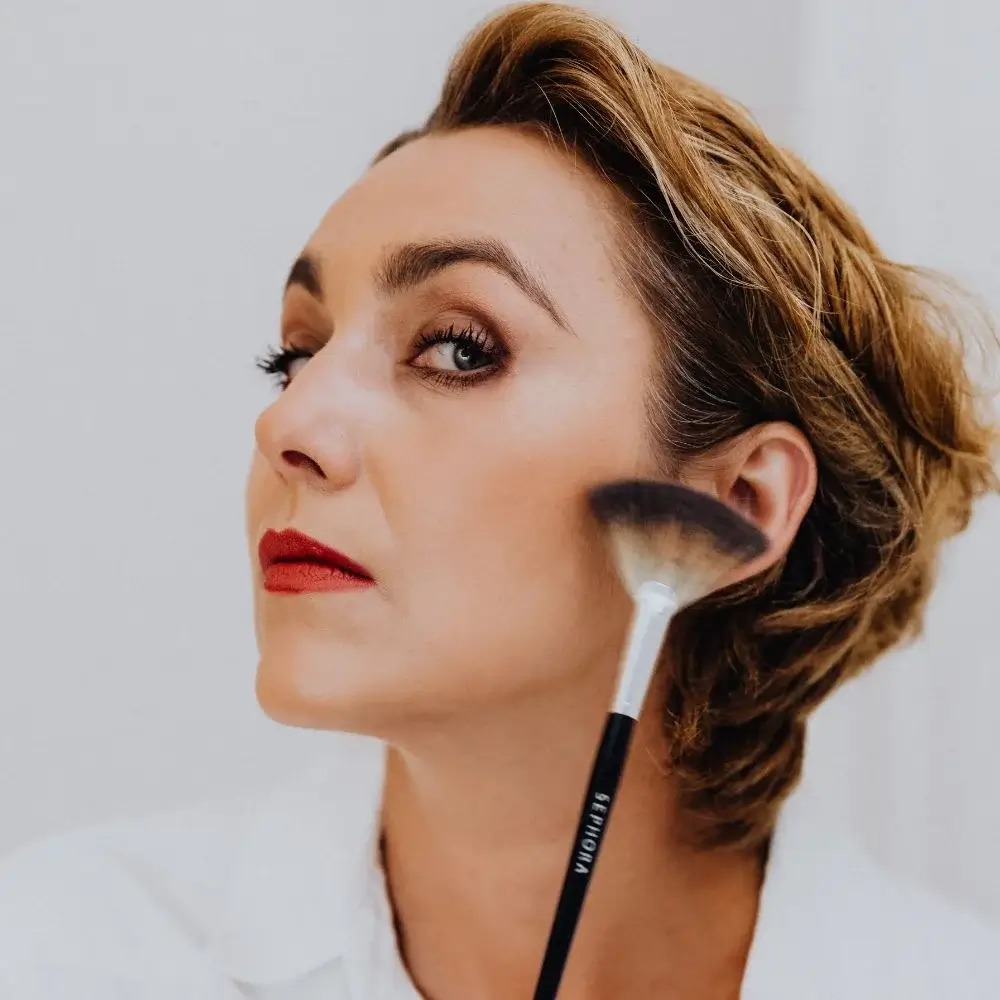There’s nothing more frustrating than trying to find the perfect foundation shade – especially if you have acne scars. Too light, and your scars will show through; too dark, and you’ll look like you’re wearing a mask. But don’t worry – with some guidance, you can choose the perfect foundation shade to help your skin glow. In this post, we’ll show you exactly how to do it so you can feel confident and put your best face forward.
Identify your skin undertone
Before you start shopping for foundation, knowing your skin's undertone is essential. There are three significant undertones: cool (pink or red), warm (yellow or golden), and neutral (a mix of cool and warm). To identify your undertone, look at the veins inside your wrist. If they’re blue or purple, you have a cool undertone. If they’re green, you have a warm undertone. If you can’t really tell, you’re likely neutral. This information will help you pick a foundation shade that complements your skin rather than clashes with it.
Review the foundation in natural light
When trying out foundations, reviewing them in natural light is crucial. This will give you the most accurate sense of how a foundation shade looks on your skin since artificial light can be deceiving. Go outside or stand beside a window and hold the foundation swatch beside your jawline. If the foundation disappears into your skin, it’s likely a good match. If it looks too light or dark, try different shades until you find the right one.
Consider the coverage you need
Different foundations offer different levels of coverage, so consider what your skin needs before making a choice. If you have a lot of acne scars, you may want a full-coverage foundation that can mask them. If your scars are minor, a medium-coverage foundation might be enough. And if you prefer a more natural, no-makeup look, a light-coverage foundation or tinted moisturizer may be the best fit. Remember your coverage needs when swatching different foundation shades since some may provide more or less coverage than others.
Don’t be afraid to mix shades
If you can’t find the perfect shade of foundation, don’t be afraid to mix two different shades together. Our skin changes color depending on the season, so what works in the winter might not work in the summer. Buying two different foundation shades and blending them together can help you achieve the perfect color all year round. Depending on your needs, you can also mix in a product like a color-adjusting drop to tweak the shade.
Understand the finish you want
Finally, consider the finish you want your foundation to give you. Do you want a matte look that will control oil or a dewy finish that will give you a natural glow? Do you want a foundation that’s lightweight and easy to apply or one that provides a bit of hydration? Understanding your finish preferences will help you narrow your foundation options and choose one that will work for your skin.
Choosing the right foundation shade for acne scars doesn’t have to be a daunting task. By understanding your skin undertone, reviewing swatches in natural light, considering your coverage needs and finish preferences, and mixing shades when necessary, you can find the perfect foundation for your skin. So go ahead and experiment – with the proper foundation, your skin will look and feel incredible.
Acne scars can be a natural source of insecurity, but the good news is that plenty of makeup options can help you feel more confident and comfortable in your skin. After putting in the time and effort to research and review different products, we've identified the best makeup for acne scars, so you don't have to waste any more time or money on ineffective products. The top picks offer flawless coverage and long-lasting wear to complete your day confidently. Follow the link to discover your new go-to makeup for acne scars and look and feel your best daily.
What is the best way to clean makeup brushes for acne-prone skin?
Cleaning makeup brushes is crucial for acne-prone skin, and the process should be thorough and gentle. It will help to clean your brushes at least once a week to prevent the buildup of makeup, oils, and bacteria that can exacerbate acne. Start by rinsing the bristles under lukewarm water to remove surface debris. Then, use a mild, sulfate-free shampoo or a specialized brush cleaner to cleanse the bristles.

What should I avoid in makeup products if I have sensitive acne-prone skin?
If you have sensitive and acne-prone skin, you must be discerning about the makeup products you choose. Avoiding certain ingredients can help maintain healthy skin. Firstly, opt for makeup products labeled as "non-comedogenic" and "fragrance-free." Non-comedogenic products are designed not to clog pores, which can lead to breakouts, while fragrance-free options are less likely to cause skin irritation. Besides, steer clear of makeup products that contain parabens, sulfates, or heavy oils, as these ingredients can exacerbate skin issues and trigger acne flare-ups.

What are some long-lasting makeup options for all-day coverage of acne scars?
Achieving long-lasting makeup coverage for acne scars requires careful product selection and application techniques. Start with a high-quality, full-coverage foundation that matches your skin tone. Apply the foundation evenly over your face, paying extra attention to areas with acne scars. Use a finely milled translucent powder to set the makeup and prevent shine. This step helps lock the foundation for extended wear without clogging pores or exacerbating acne.

How should I clean and store makeup products to prevent contamination?
Properly cleaning and storing makeup products ensures longevity and prevents contamination. Begin by disinfecting your makeup items regularly, especially those that come into direct contact with your skin, such as foundation, concealer, and lip products. Use a gentle disinfectant suitable for cosmetics, wiping down the packaging and applicators. When it comes to storage, keep your makeup in a cool, dry place away from direct sunlight.

How do I properly remove makeup without irritating at the end of the day?
Removing makeup effectively at the end of the day is essential for maintaining healthy skin and preventing irritation. Start by applying a gentle makeup remover or micellar water to a soft cotton pad. Gently wipe the pad over your face, taking care not to rub or tug at the skin, which can cause irritation and redness. Follow up with a mild cleanser that suits your skin type to thoroughly cleanse any remaining makeup residue. After cleansing, apply a soothing and hydrating moisturizer to replenish the skin's moisture barrier and keep it calm and comfortable after makeup removal.
Should I apply makeup differently for fresh scars compared to older ones?
Adapting your makeup application techniques for fresh and older scars can help you achieve a more natural and even complexion. Consider using a creamy concealer with a high-coverage formula for fresh scars. Apply it sparingly and blend it carefully over the scar to conceal its appearance effectively. When dealing with older scars, a color-correcting primer can neutralize discoloration before applying foundation. Regardless of scar age, applying makeup with a gentle hand is essential to avoid irritating the skin and potentially worsening the appearance of scars.







